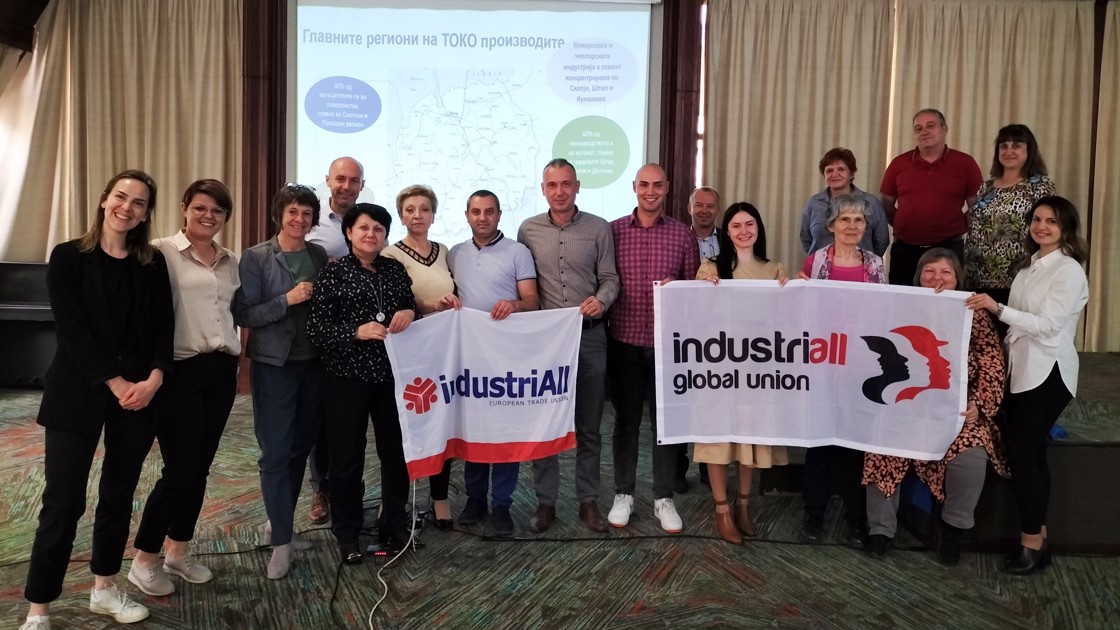The textile, clothing, leather and footwear (TCLF) industries are an important sector in North Macedonia. They employ 40,000 workers, which is 28 per cent of the manufacturing workforce. 90 per cent of production is exported, mainly to Western Europe.
The STKC textile union has won two sectoral collective agreements, but their future is uncertain due to a reorganisation on the employer side. Wages in the sector have risen, mainly thanks to substantial increases in the minimum wage. It is still difficult to attract young workers to the factories. Organising is a challenge as most companies are small and medium-sized enterprises.
The employers' association, ORM, agrees that it is difficult for companies to find skilled workers and that the education system needs to be reformed. Many young people have left the country for Western Europe.
Labour Minister Jovana Trenchevska said the government recognised the importance of the TCLF industries. She encouraged employers and trade unions to find solutions through social dialogue, which the government is ready to support.
Member brands of the Dutch Fair Wear Foundation have 44 supplier factories in North Macedonia. Fair Wear trains suppliers on freedom of association and collective bargaining. It has also developed a mechanism to promote living wages.
Employers and unions agreed to change the production model from cut-make-trim (CMT) for foreign brands to specially designed garments with more added value. The Covid crisis had hit the industry hard, but the switch to personal protective equipment had helped to save jobs. Now there are opportunities for growth again, and many factories have full order books.
The workshop was part of an EU-funded social dialogue project 'Ensuring a sustainable future for the South East European textile, clothing, leather and footwear industries', run in cooperation with the European industry federations EURATEX, COTANCE, CEC and industriAll Europe. The two-year project covers Bulgaria, Croatia, North Macedonia, Romania and Serbia, where the TCLF industries employ over 400,000 workers.
